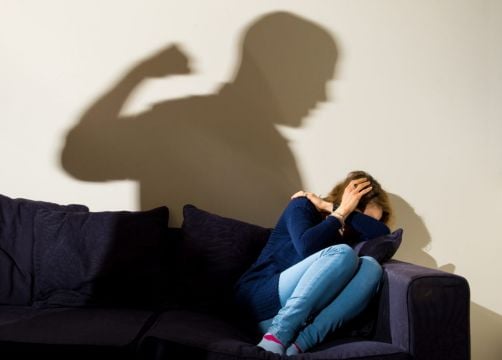The Dublin Rape Crisis Centre (DRCC) received over 18,600 contacts in 2024, the highest-ever level recorded in the service's 45-year history.
The DRCC's annual report, published on Thursday, showed the majority of those who reached out for help last year were women, first-time callers, and aged between 18 and 29.
Of the matters the callers wished to discuss, four in 10 disclosed rape that had occurred as an adult, while around one third sought help regarding childhood sexual abuse.
A further one in six contacted DRCC in respect of sexual assault which had occurred as an adult.
The DRCC report noted many of those who contacted its freephone 24-hour National Rape Crisis Helpline had mental health concerns, with over 500 calls last year relating to suicidal ideation.
Other issues raised by callers included fears of becoming homeless, and "other concerns that compounded the trauma caused by sexual violence".
Of those availing of therapy through the DRCC last year, around 70 per cent had experienced sexual violence as an adult, while three in 10 had been abused as children.
By gender, 89 per cent of the DRCC's clients in 2023 were women, while 10 per cent were men and 1 per cent identified as other.
"The data published today is evidence that the services of Dublin Rape Crisis Centre are vital supports for people who have experienced sexual violence and that these are needed by the community of survivors more than ever before," the DRCC's chief executive Rachel Morrogh said.
Commenting on the figures, Minister for Justice Helen McEntee said the data "underlines the scale of the challenge that collectively we face".
"While any report detailing an increase in calls to organisations such as DRCC is concerning, one of the key objectives in our Zero Tolerance Strategy to combat sexual and gender-based violence is to encourage victims to come forward and to report the crimes that are being committed against them."
Ms McEntee added that while "significant progress" is being made in tackling sexual and gender-based violence, "many of the figures and statistics from last year are shocking, many of the insights harrowing".
"Every number represents a person, a life affected by violence, and it provides startling clarity on why and how the work of DRCC is crucial," the Minister said.







